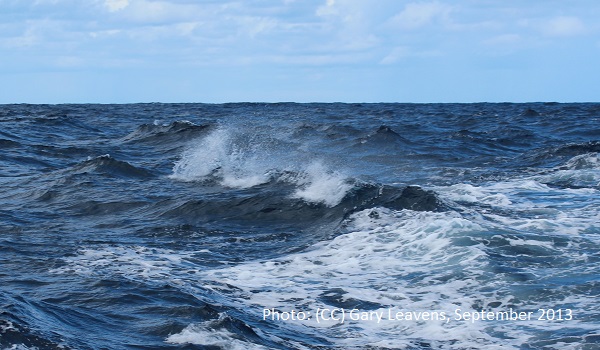More than 100 people who left West African shores are currently in distress and searched by the Spanish coast guard, Salvamento Marítimo. A two-year-old child did not recover from her perilous journey to the Canary Islands and died on Sunday after days in intensive medical care. The government announces the end of emergency accommodation in hotels.
On 25 March, Salvamento Marítimo rescued 26 people in distress and brought them to Arrecife, Lanzarote. Meanwhile, aerial search for about 100 people travelling on two boats to the Canary Islands continued. One of the boats has reportedly been missing since 22 March when it departed from Dakhla, Western Sahara. The second boat set sail from Tarfaya, Morocco, on 24 March. Hours after departure, travellers contacted the collective Caminando Fronteras and called for an urgent rescue, shouting “We are going to drown if an urgent rescue does not arrive!”. On 24 March, the NGO hotline for people in distress Alarm Phone was alerted to 22 people travelling on a third boat which had left Boujdour, Western Sahara, the day before. “Since then there are no news. Winds in the area are strong” the organisation wrote on twitter.
A toddler who had to be reanimated after five days at sea did not recover. The two-year-old Malian girl died on 21 March in a hospital in Gran Canaria, where she had been in intensive medical care since her rescue on 16 March. Since the beginning of the year, at least 30 people have died on the Atlantic route according to the Missing Migrants Project. However, the full extent of the loss of life along the Atlantic route is difficult to establish, which is also reflected in the diverging numbers that different organisations report for 2020. According to a recent report published by the human rights organisation Asociación Pro Derechos Humanos de Andalucía, more than 1,700 people died in 2020 during their attempt to reach Spain. 1,239 of them perished on their way to the Canary Islands. According to figures by Camindando Fronteras, 1,851 people have died along the Atlantic route in 2020 in 45 recorded shipwrecks.
According to the Spanish government, the transfer of migrants from emergency hotel accommodation to camps will be concluded by the end of the month. As of last week, 1,700 people remained accommodated in hotels which were introduced as an emergency solution when arrivals to the Canary Islands began to soar last September. By the end of last year, more than 8,000 people had been accommodated in hotels.
For further information:
- ECRE, Atlantic Route: Misery Continues at Land and at Sea with Deaths, Detention, Deportations, and Poor Living Conditions, March 2021
- ECRE, Atlantic Route: Conditions in the Canary Islands Remain Poor as Protests and Calls for Transfers Grow Louder, March 2021
- ECRE, Atlantic Route: Drop in Arrivals over Past Weeks but Root Causes for Migration Remain, Supreme Court Reconfirms Free Movement, February 2021
- ECRE, Atlantic Route: Spain’s Blocking of Migrants in the Canary Islands Causes Suffering and Sparks Protests, February 2021
Photo: (CC) Gary Leavens, September 2013
This article appeared in the ECRE Weekly Bulletin. You can subscribe to the Weekly Bulletin here.

